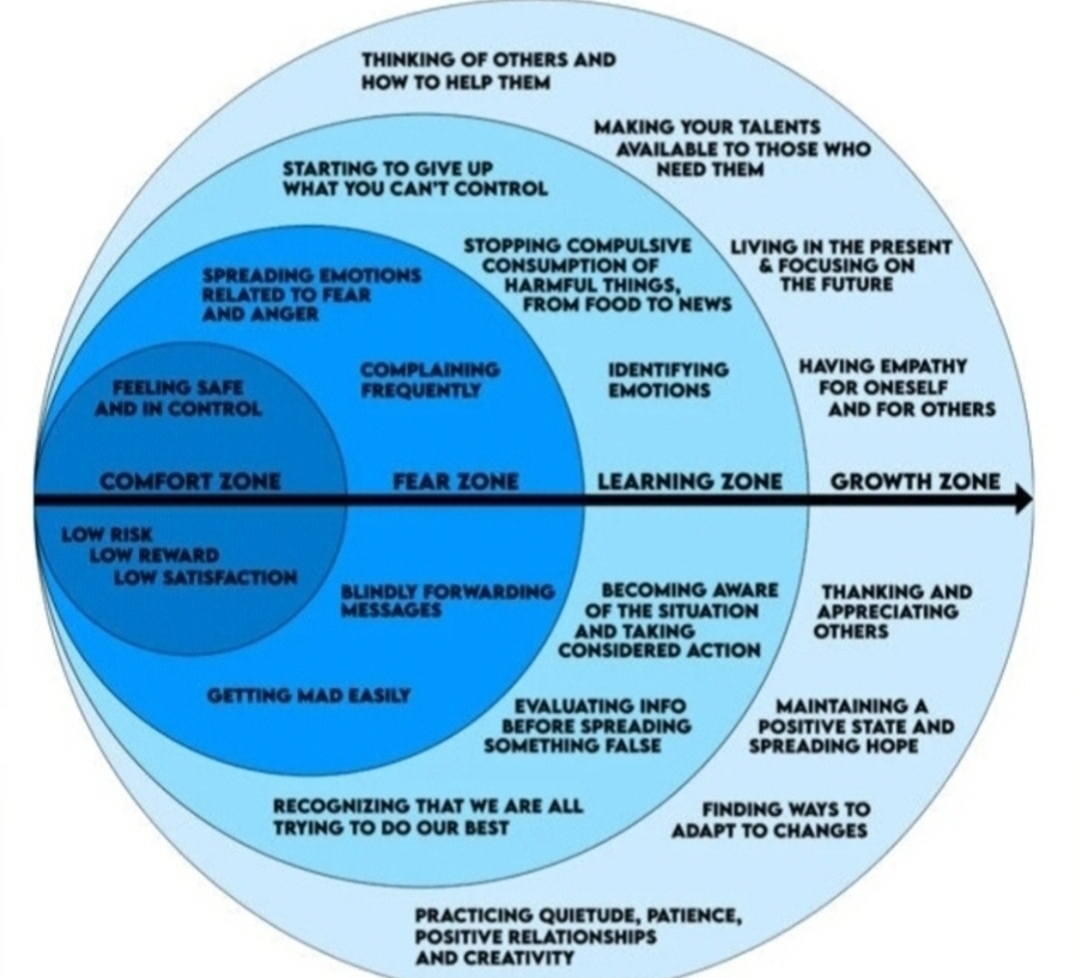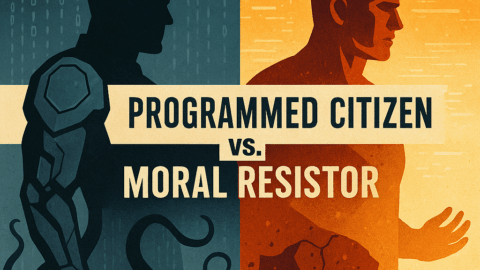Both Friedrich Nietzsche’s quote, “Sometimes, people don’t want to hear the truth because they don’t want their illusions destroyed,” and Plato’s assertion, “No one is more hated than he who speaks the truth,” explore the deep and often uncomfortable relationship between truth, human nature, and societal perception. Let’s break them down individually and examine their connection.
Friedrich Nietzsche: “Sometimes, people don’t want to hear the truth because they don’t want their illusions destroyed.”
Understanding the Quote
Nietzsche suggests that many people build their lives, beliefs, and emotional security around illusions—comforting narratives or ideas that protect them from harsh realities. The truth, when it directly challenges these illusions, can feel like a threat to their identity, self-worth, or worldview.
Why Do People Cling to Illusions?
Comfort Zone: Illusions offer a sense of safety and predictability.

Cognitive Dissonance: When faced with truths that contradict long-held beliefs, people experience psychological discomfort.
Identity Protection: Beliefs often become intertwined with personal identity, making it hard to accept truths that require self-reassessment.
Fear of Change: Truth often demands action or change, which can feel overwhelming.
Social Acceptance: People might reject uncomfortable truths to conform to societal or cultural norms.
Real-Life Examples:
- A person in a toxic relationship may ignore red flags because confronting the truth would mean accepting loneliness or failure.
- In society or politics, people might cling to a narrative even when evidence suggests otherwise, simply because accepting the truth would dismantle their worldview.
Implication:
- Truth is not always welcomed; it can feel like an attack on one’s emotional stability.
- Illusions can act as emotional crutches, and stripping them away without preparation can cause pain and resistance.
Key Lesson: People reject truth not because it is false, but because it demands a confrontation with their inner fears and vulnerabilities.
Plato: “No one is more hated than he who speaks the truth.”
Understanding the Quote
Plato highlights an uncomfortable reality: Truth-tellers often become targets of anger, hatred, or ridicule. When someone speaks an inconvenient truth, it challenges the status quo, disrupts comfort, and exposes realities people would rather ignore.
Why Are Truth-Tellers Hated?
Emotional Reaction: The truth can provoke shame, guilt, or embarrassment.
Challenging Authority: Truth often threatens those in power who rely on lies or half-truths to maintain control.
Projection: People project their discomfort and anger onto the truth-teller rather than face their own flaws or mistakes.
Disturbing Groupthink: In tightly knit groups, dissent or uncomfortable truths are seen as betrayal.
The Messenger Effect: Instead of focusing on the truth, people attack the person delivering it.
Real-Life Examples:
- Socrates: He was executed for challenging societal norms and speaking uncomfortable truths.
- Whistleblowers: Individuals like Edward Snowden or Julian Assange became pariahs for exposing uncomfortable truths about governments.
- Personal Relationships: A friend who points out uncomfortable truths might be met with anger instead of gratitude.
Implication:
- Speaking the truth is an act of courage, as it often comes with consequences.
- Truth-tellers might be isolated, persecuted, or discredited because their words threaten established comfort zones or power structures.
Key Lesson: Truth comes at a cost, and those who speak it must be prepared to face rejection and backlash.
The Connection Between Nietzsche and Plato’s Quotes
While Nietzsche focuses on the internal resistance to truth (our fear of shattering illusions), Plato highlights the external reaction to truth-tellers (hatred and rejection). These perspectives are two sides of the same coin:
- Nietzsche → The Individual’s Inner Battle with Truth: People avoid truth because it disrupts their comfort.
- Plato → Society’s Battle with Truth-Tellers: When truth is spoken, society reacts defensively, often attacking the messenger.
Together, they reveal a cycle:
Illusions Protect Us: We create illusions to shield ourselves from discomfort.
Truth Challenges Illusions: When truth comes to light, it disrupts these protective layers.
Resistance and Backlash: Instead of accepting truth, individuals or groups may resist, deny, or retaliate against the messenger.
How to Navigate Truth in a World Resistant to It
For the Truth-Seeker:
- Self-Reflection: Be honest with yourself before expecting others to accept truth.
- Courage: Accept that speaking the truth often comes with backlash.
- Empathy: Present truths with compassion rather than confrontation.
- Patience: People may not be ready to accept certain truths immediately.
For Those Confronted by Truth:
- Humility: Be open to the possibility that your perspective might need adjustment.
- Curiosity: Approach uncomfortable truths with a desire to learn rather than reject.
- Resilience: Accepting truth can be painful, but it often leads to growth.
Final Reflection
Both Nietzsche and Plato remind us of a timeless reality: Truth is powerful, but it’s rarely comfortable. Whether you’re confronting your own illusions or delivering truth to others, expect resistance. However, truth remains essential for growth, wisdom, and genuine freedom.
As George Orwell once wrote: “In a time of universal deceit, telling the truth is a revolutionary act.”








One Response
This commentary reminds me of an old poster’s statement with the face of a “scowling” bull dog that I saw back in the 1970’s:
Don’t confuse me with the facts. My mind is already made up.